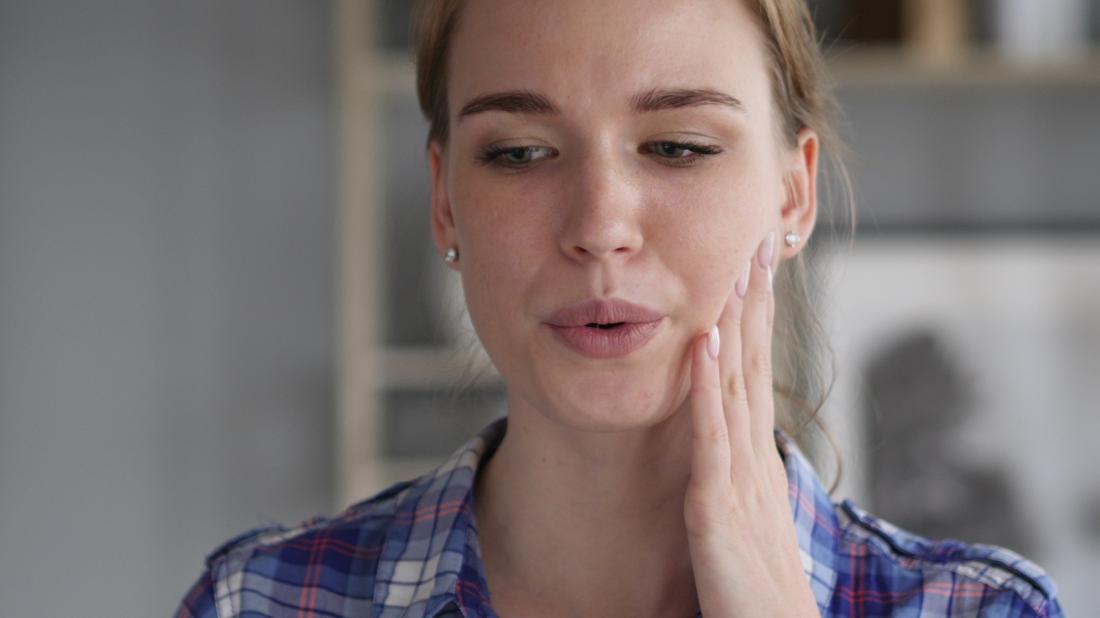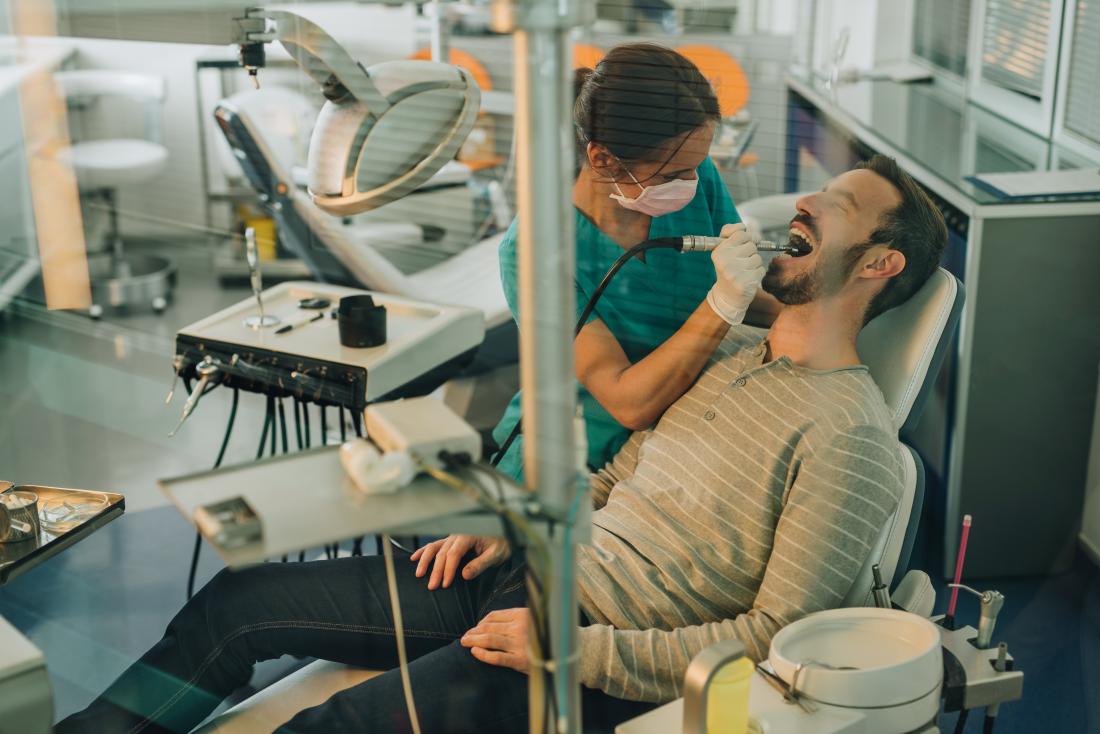
Its relatively common for you to have some pain or sensitivity in the treated tooth after a filling. Pulpitis or the inflammation of the pulp may still happen even after the.

Causes of teeth sensitivity weeks or months after getting a filling.
Is it normal for teeth to be sensitive after fillings. Some sensitivity after a tooth filling is normal and temporary. Sometimes however sensitivity after a filling is due to other causes that need treatment or repair. Tooth sensitivity after filling is a normal response to the dental filling procedure.
When your dentist discovers tooth decay the priority is to remove that decay so that it does not spread or cause further damage. To do this the dentist will typically numb the area around the tooth with a local anesthetic. It is very common to have sensitive teeth after youve undergone a cavity filling.
Many people come into our dental office to have a cavity filled and expect for all their tooth pain to go away. So it can be startling for those people to experience tooth pain post-filling. This newfound sensitivity can last from days to even a few weeks.
The reason for the sensitivity is usually the inflammation of nerves inside the tooth after the procedure. Causes of teeth sensitivity weeks or months after getting a filling. Tooth sensitivity right after dental work is absolutely normal.
However if the sensitivity persists weeks or even months after the process it may be a sign of a severe issue that needs prompt attention. Most people experience mild sensitivity right after a tooth is filled. This usually lasts no more than a few hours and often has more to do with the anesthetic wearing off than the filling itself.
Dentists often use the local anesthetic drug novocaine so they can put in a filling without the patient feeling any pain. Discomfort in the gums and tooth sensitive after filling may be common. Regardless patients with teeth that hurt repetitively can go to a periodontist for proper analysis.
Pulpitis or the inflammation of the pulp may still happen even after the. A tooth after filling may become even more sensitive to cold and hot foods and pressure of the bite. Luckily this pain subsides after a few weeks.
A tooth may start paining again after a filling if the filling cracks or becomes loose. Contact a dentist right away if you feel your filling is coming out. November 16 2017.
Tooth sensitivity after deep filling. The deeper and more extensive the filling the less natural protection there is for the nerve of the tooth. This could lead to both reversible nerve sensitivity as well as irreversible nerve sensitivity.
Your tooth pain should subside after a root canal treatment. However there would be cases that you would have sensitive teeth after a root canal. On the other hand this sensitivity should only last for a few days.
So if the tooth pain or sensitivity lasts longer there is a possibility of complications. Sensitivity after a dental filling could be an allergic reaction to the materials used in the filling. You might also notice a rash or itching nearby.
Its relatively common for you to have some pain or sensitivity in the treated tooth after a filling. After all a dentist was just poking around and drilling in the tooth. Usually any discomfort should fade after a day or two.
So why do some people experience tooth pain after a filling. There are many reasons you might feel a bit of pain or sensitivity after a dentist fills. In summary know that having a sensitive tooth after a filling is completely normal.
Sensitivity that gets worse is not normal. Worsening sensitivity is a sign that something is wrong and you should see your dentist to determine the problem so that a solution can be found. Do you have any questions comments or concerns about tooth sensitivity after a filling.
Very occasional tooth sensitivity is not a reason to worry. However if youre dealing with chronic sensitivity or you notice a tooth is sensitive that has a filling you might be dealing with a problem. Teeth can develop sensitivity after being filled and the sensitivity can be severe enough to cross over into pain.
Hot cold and sweet food can all cause some dental sensitivity and even pain as a reaction. These sensations might be heightened after you get a filling. Air temperature and pressure from biting down can also cause pain on a new filling.
Typically this pain and sensitivity should go away within a few weeks. Tooth sensitivity is considered normal in the first two to three days after your filling. If you experience sensitivity after that or worsening pain you should contact your dentist straight away.
You can expect an improvement in sensitivity two to three days after your filling if not right away and your tooth should feel better than it did before the filling. That said despite their proficiency in dealing with temperature composite fillings can cause increased sensitivity when the filling is deep or if its placed on an area of the tooth that experiences greater flex. For example a filling completed along the cheek or tongue side of the mouth may hurt for longer than one completed on the biting surface because of the unique.
This means that when the filling was placed there may be an area that remains high or is hitting harder against the opposing tooth. In this case it may not seem like a big issue at first but the tooth can and will become sore and very sensitive to chewing after a few days. Some sensitivity after filling is quite normal especially if youve witnessed tooth decay which irritates the tooth and leads to a painful sensitivity.
If youve been witnessing sensitivity due to this issue only it should go away in a few days.